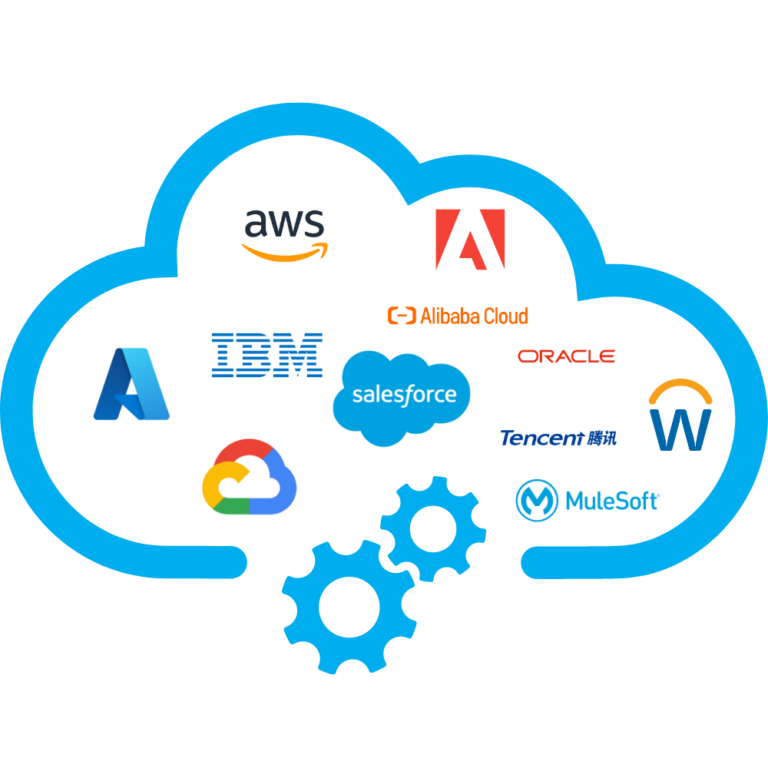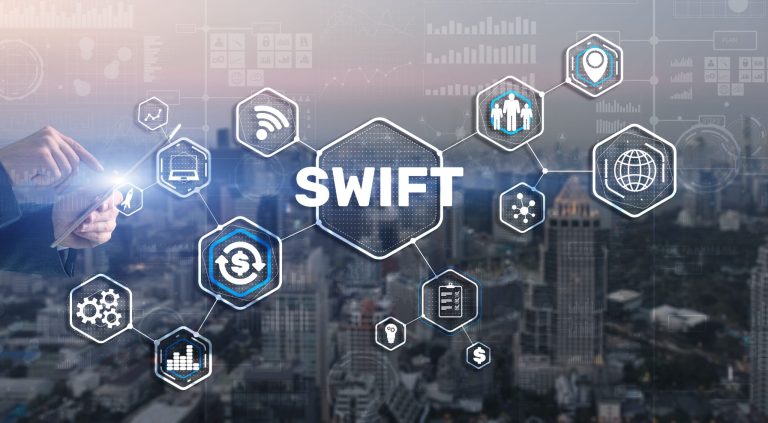Protect your cloud estate with Dionach’s end-to-end cloud security assessment. Our CREST-accredited consultants examine configurations, identities and cloud network security, exposing gaps before attackers strike. We layer in cloud backup ransomware protection, robust cloud data security and continuous monitoring to benchmark every control against the latest threats.
Dionach’s scalable cloud security solutions bring together resilient backups, automated ransomware defense and fully managed cloud security under one roof. Strengthen your defenses with a partner who makes comprehensive cloud security the standard.
Cloud security is essential for protecting data, applications, and infrastructure hosted in the cloud. As organizations increasingly move their operations to cloud environments, it becomes critical to defend against cyber threats such as hacking, data breaches, and other malicious actors aiming to exploit vulnerabilities in the system. Cloud security helps ensure the confidentiality, integrity, and availability of data, while minimizing the risk of data loss, breaches, and other cyber threats.


Dionach conducts comprehensive security assessments and configuration reviews across all cloud providers, models, and services. Using a combination of automated tools and manual inspections with read-only access, our consultants evaluate configurations against vendor guidelines and industry best practices. Reviews can also align with benchmarks like the Centre for Internet Security (CIS).
Our extensive experience includes assessments for major vendors such as:


The cloud security team and the client work together to define the scope and objectives of the assessment. This involves identifying the systems to be tested, as well as the assessment methods and tools to be used.
Prior to commencement of the engagement Dionach will review all relevant documentation related to the cloud environment. This may include security architecture documents and network diagrams, configuration standards and vendor and security best practises.
The Dionach cloud security team will conduct an information gathering exercise, exploring publicly available information to collate information and establish potential attack points. Information collated during this phase will be used by the consultants to better understand the risks posed to the cloud environment and perform threat modelling.
Once all relevant information is gathered, work will commence on the cloud security assessment. This will start by running a variety of automated scans using a combination of inhouse and third-party tools and scripts which utilise APIs exposed by cloud providers.
The Dionach consultant will conduct a manual review of the cloud environment to find security vulnerabilities and misconfigurations. They will review the results of the automated scans and eliminate false positives and false negatives. The manual review will follow vendor and security best practises and focus on misconfigurations commonly exploited in penetration tests or red team engagements.
The cloud security team documents the findings and recommendations from the assessment. This includes a detailed report on the vulnerabilities identified, the methods used to exploit them, and recommendations for remediation.
We have documented frequently asked questions about our cloud security assessment. If you cannot find the answer to your questions, please do get in touch directly. We’ll be happy to help.
A cloud cybersecurity assessment is a process of evaluating the security posture of a cloud environment or service. This assessment typically involves reviewing the cloud architecture, policies, and procedures, as well as identifying potential vulnerabilities and recommending measures to address them.
A cloud cybersecurity assessment is important because it helps identify potential security risks and vulnerabilities in a cloud environment. By conducting an assessment, organizations can better understand their security posture and take measures to mitigate potential risks.
Some common components of a cloud cybersecurity assessment include a review of cloud architecture, security policies and procedures, data protection measures, access controls, network security, and incident response plans.
A cloud cybersecurity assessment can be conducted by internal security teams, external security consultants, or cloud service providers. The choice of who conducts the assessment depends on the organization’s resources, expertise, and requirements. Dionach offer a highly experienced cloud cybersecurity team who can offer valuable insights and consultancy at every stage of delivery.
The frequency of cloud cybersecurity assessments depends on the organisation’s risk profile, compliance requirements, and the rate of changes to the cloud environment. Dionach recommend that assessments should be conducted at least once a year or after significant changes to the cloud environment.
Some challenges of a cloud cybersecurity assessment include the complexity of cloud environments, but Dionach have extensive experience in this area and can support you in defining your technical scope to ensure you achieve maximum value from the assessment.
A cloud security assessment is a comprehensive evaluation of the security posture of a cloud infrastructure, while a penetration test is a simulated attack on the cloud infrastructure to identify vulnerabilities and weaknesses.
Cloud security assessments can identify security risks and vulnerabilities that may put organizations at risk of non-compliance with regulations. By addressing these risks, organizations can improve their compliance posture.
Common compliance regulations that apply to cloud environments include GDPR, HIPAA, PCI DSS, and SOC 2.
A security framework, such as NIST or ISO 27001, can provide a set of guidelines and controls that can be used to evaluate the security posture of a cloud environment.
The results of a cloud security assessment can be used to implement remediation measures to address identified risks and vulnerabilities. They can also be used to prioritize security initiatives and allocate resources more effectively.
Multi-cloud environments can be assessed for security by identifying the cloud services and providers being used, evaluating the security posture of each service, and analyzing the integration and communication between the different cloud services.
Testing disaster recovery plans in cloud security assessments is important to ensure that critical data and applications can be restored in the event of a security incident or outage.
We offer comprehensive cloud security services designed to protect your cloud environments from evolving cyber threats. Our experts provide tailored solutions, including cloud penetration testing, vulnerability assessments, and compliance reviews, to identify and address potential risks. We help ensure your cloud infrastructure meets industry standards and best practices, giving you confidence in the security of your data and operations. Partner with us to build a resilient and secure cloud environment.




We deliver the whole spectrum of cyber security services, from long-term, enterprise wide strategy and implementation projects to single penetration tests.


Our team works with you to identify and assess your organization’s vulnerabilities, define enterprise-wide goals, and advise how best to achieve them.
Our recommendations are clear, concise, pragmatic and tailored to your organization.


Independent, unbiased, personalized – this is how we define our services. We guide you to spend wisely and invest in change efficiently.




Our recommendations are clear, concise, pragmatic and tailored to your organization.


Independent, unbiased, personalized – this is how we define our services. We guide you to spend wisely and invest in change efficiently.


